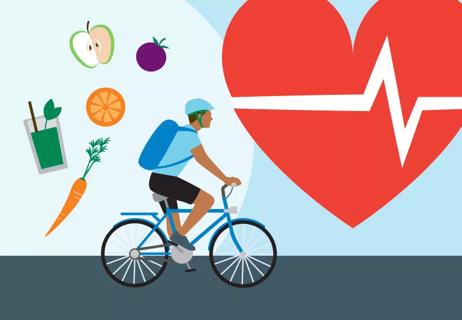The Short Answer from a cardiologist

A: Because atrial fibrillation (AFib) increases your risk of blood clots forming in the left atrium, anticoagulation — taking blood thinners — can reduce your risk of stroke.
Cleveland Clinic is a non-profit academic medical center. Advertising on our site helps support our mission. We do not endorse non-Cleveland Clinic products or services. Policy
Your CHA2DS2Vasc score helps determine your stroke risk. Most guidelines recommend that patients with atrial fibrillation and a CHA2DS2Vasc score of 2 or more are usually better off with anticoagulation, unless they have a high risk profile for bleeding.
CHA2DS2Vasc awards points in this way:
You already have 1 point for being over 65 years, and 1 point for being a female, and you’ll get a third point when you turn 75.
So overall, your risk/benefit ratio would likely be in favor of anticoagulation — especially if you do not have any previous history of bleeding or predisposition toward bleeding. (For example, liver, kidney or platelet problems must be factored in, as they increase your risk of bleeding.)
The decision to take blood thinners is an individual one, so talk it over with your doctor, who knows your health history.
— Cardiologist Mandeep Bhargava, MD
Learn more about our editorial process.

Bleeding is a risk and warrants taking care, but the reward of this lifesaving medication is great

A resting heart rate below 35–40 beats per minute or over 100 beats per minute may be cause for concern

Making healthy lifestyle changes ahead of surgery can help you avoid AFib after

OTC options are unhelpful at best, while some prescriptions can raise your arrhythmia risk

Stay on top of your health by monitoring your blood pressure regularly

The short answer from a cardiovascular researcher

The short answer from a cardiologist

Know the warning signs + decrease your risk

Your metabolism may torch 1,300 to 2,000 calories daily with no activity

A gentle touch in all the right places may help drain your sinuses